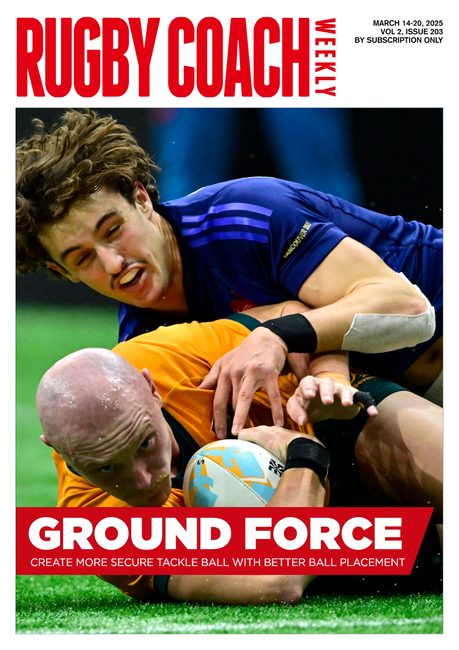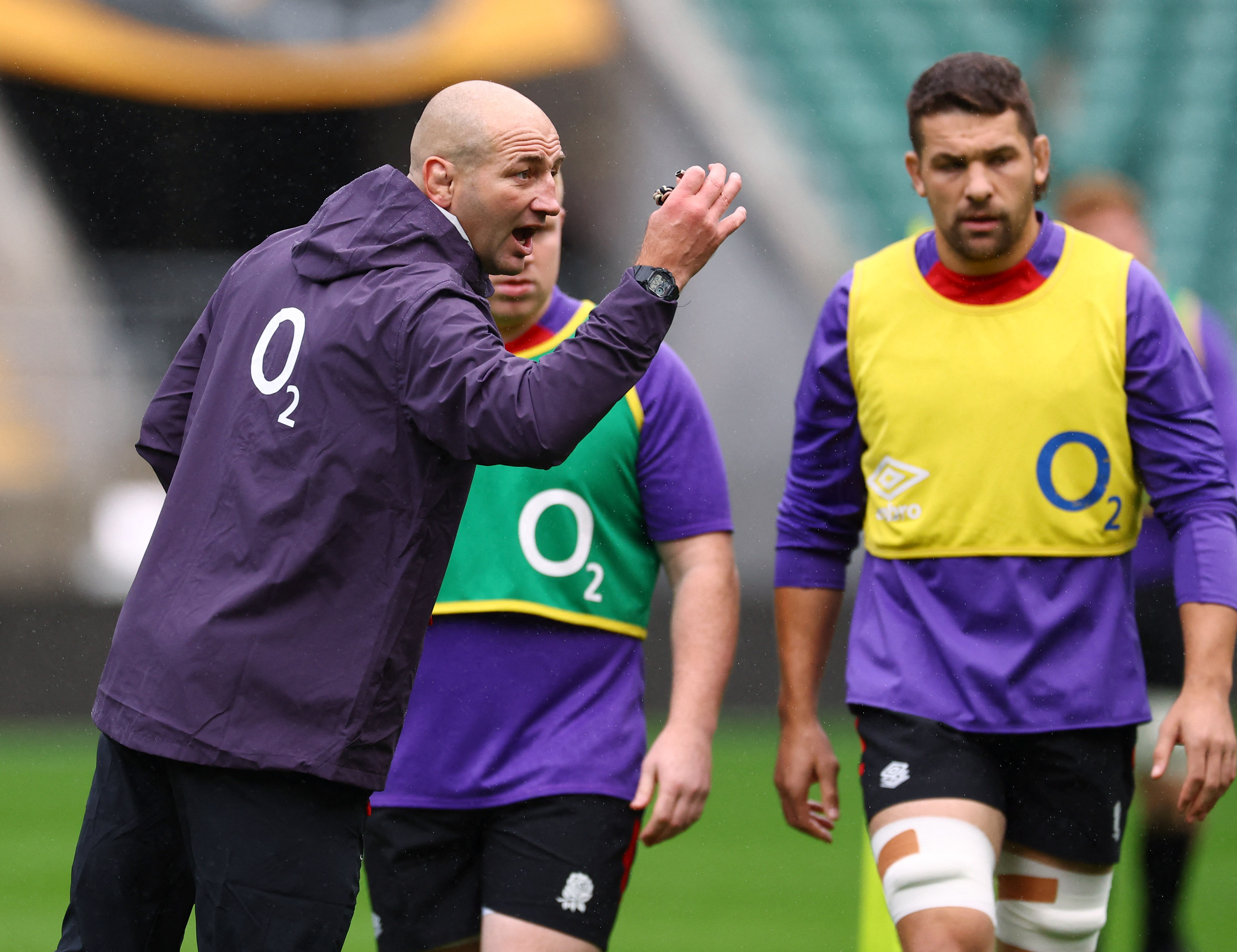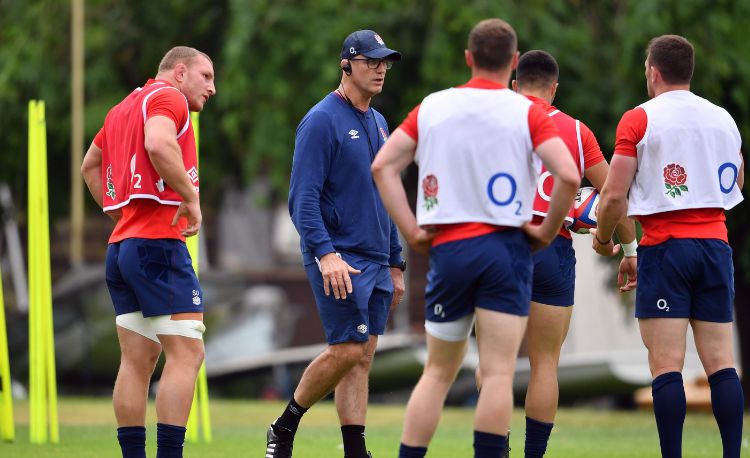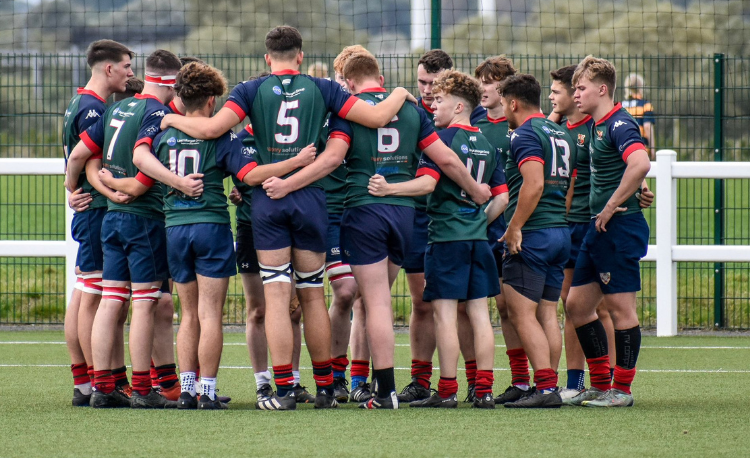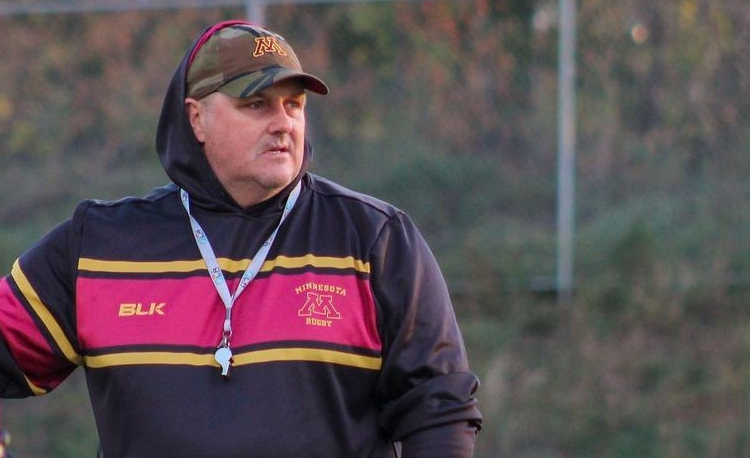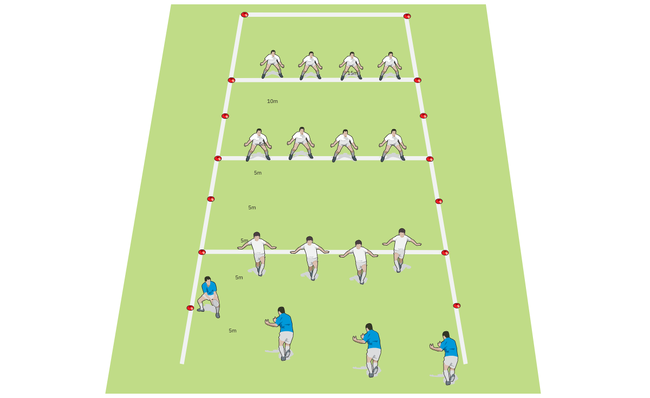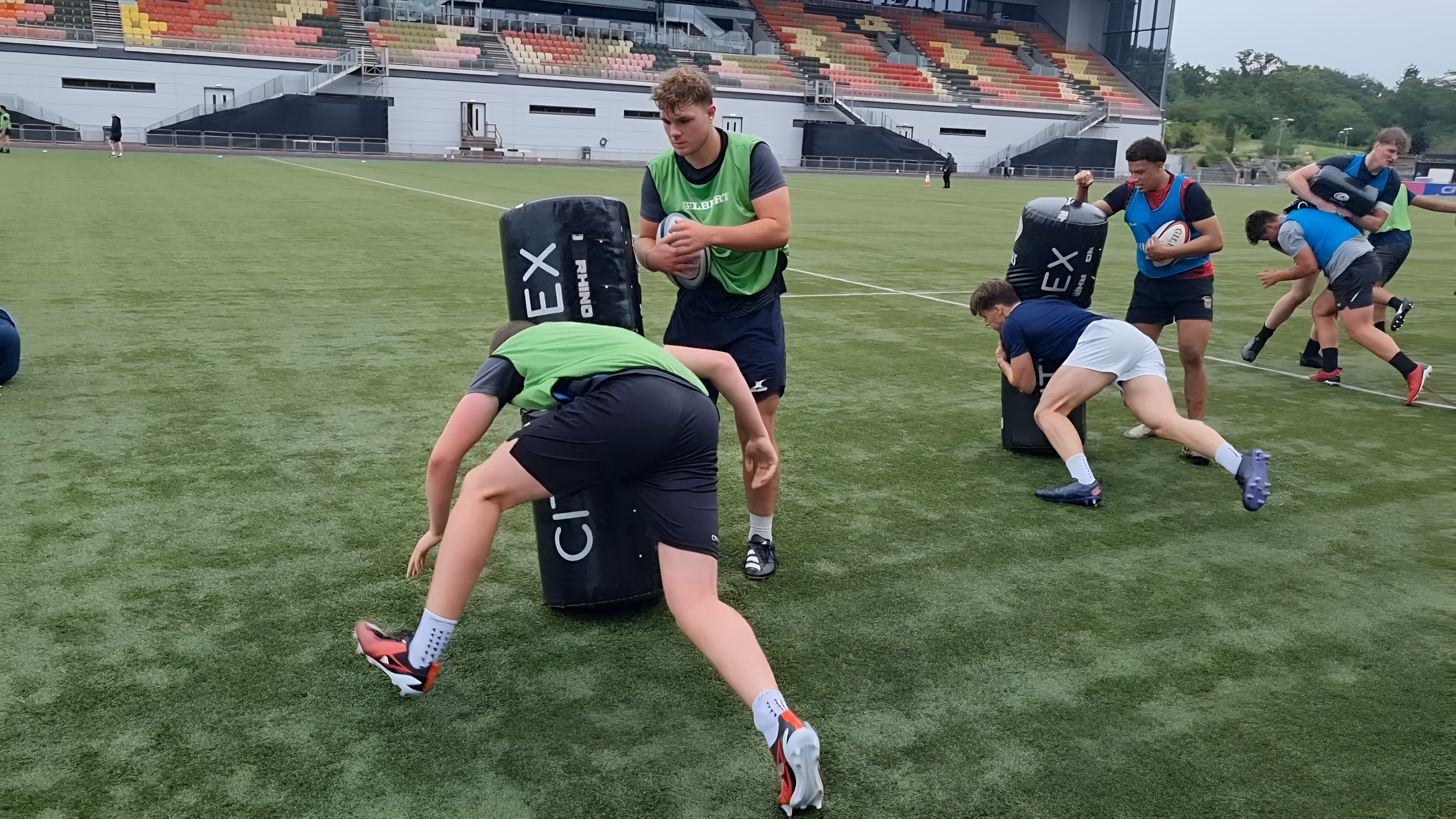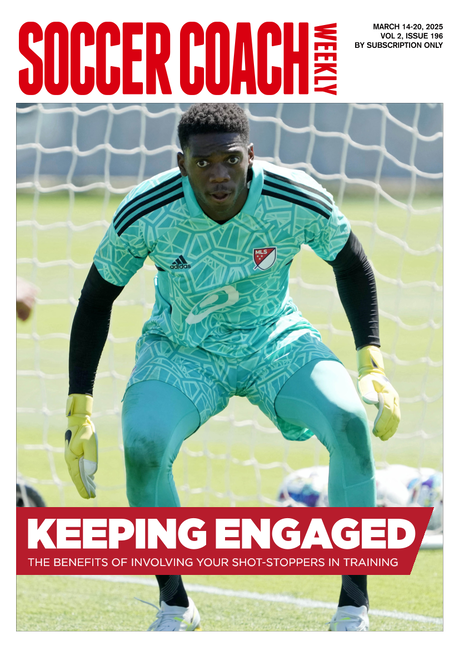6 ways to remind them you're the boss

If you want to establish an effective working relationship with your players, you need to ensure they know who’s in charge. Here are six ways to let them know how.
01 SET YOUR STALL OUT
Let your players know what you expect from them right from the off by laying down a few ground rules. Don’t scare or confuse them with a long list of dos and don’ts. Tell them you expect two things from them at all times: Firstly, that they listen when you are speaking and secondly, that they always try their hardest. Most misdemeanours fall under one of the two categories.
02 TAKE CONTROL EARLY
Let them know you won’t stand any nonsense by pulling them up at the first transgression. Stop everyone immediately and remind them what you have asked of them and what they have agreed to. Speaking with a clear and authoritative voice helps, but there’s no need to name names just yet – the culprits will know who they are and that you have noticed them.
03 HAVE A PLAN
Come to training with a set and structured plan, and do your best to stick to it if you can. If you decide to change a drill or deviate from your initial plan because it’s not working for some reason, make sure it’s on your own terms, not because your players have asked you to. Make it clear to all of the players that you have made this decision and why.
04 USE YOUR WHISTLE
It’s not ideal to yell at players – it’s not effective, and it gives the impression you have lost control. But however well you project yourself, sometimes it becomes clear that some of your players are not listening or doing what you ask. That’s when your whistle comes in handy. A short, loud blast gets their attention quickly, allowing you to regain control.
05 LOOK AND LEARN
It’s vital you get to know all of your players as individuals pretty quickly. Watch them as closely as you can in your first few training sessions, and try to identify the different personalities within the group. Some players need a bit of a rocket now and again, while others respond much better to gentle coaxing. Being able to differentiate is the key.
06 MARK THEIR CARDS
It’s important to end training on a positive note by highlighting something your players have done well. But before you do this, it’s worth also mentioning a few things they need to work harder on or think about for next week. Make this a “what we need to try and do more of” comment rather than a “what we mustn’t do under any circumstances” issue.
Thank you for reading
to enjoy 3 free articles,
our weekly newsletter, and a free coaching e-book
Or if you are already a subscriber, login for full access
Newsletter Sign Up
Coaches Testimonials

Gerald Kearney, Downtown Las Vegas Soccer Club

Paul Butler, Florida, USA

Rick Shields, Springboro, USA

Tony Green, Pierrefonds Titans, Quebec, Canada
Subscribe Today
Be a more effective, more successful rugby coach
In a recent survey 89% of subscribers said Rugby Coach Weekly makes them more confident, 91% said Rugby Coach Weekly makes them a more effective coach and 93% said Rugby Coach Weekly makes them more inspired.
Get Weekly Inspiration
All the latest techniques and approaches
Rugby Coach Weekly offers proven and easy to use rugby drills, coaching sessions, practice plans, small-sided games, warm-ups, training tips and advice.
We've been at the cutting edge of rugby coaching since we launched in 2005, creating resources for the grassroots youth coach, following best practice from around the world and insights from the professional game.


